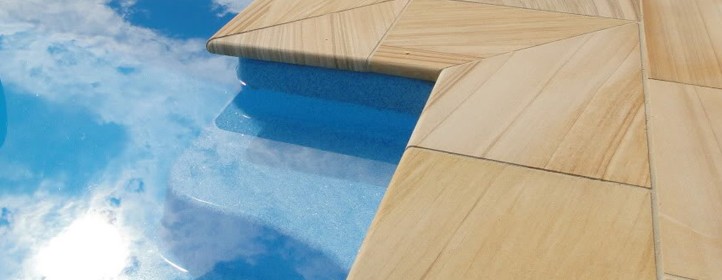
Did you know that outdoor pavers are a fantastic alternative to laying a concrete slab? As well as enhancing the look and feel of your property, they will help to considerably increase its value. When trying to determine what the best pavers to use for your project are, however, there are a number of points that you will have to first consider.
What to use for a patio?
Because most patio areas are only required to withstand foot traffic, the pavers don’t need to be any more than 40mm thick. You will find that travertine, granite, bluestone and sandstone are all appropriate for such a use. We do recommend, however, opting for a textured surface – as well as looking nice, it will help to improve grip in the area.
What to use for a driveway?
Because your driveway will be required to withstand heavy cars and possibly even trucks, the pavers will need to be 60mm thick (at least). The pattern of the stone can also improve the structural integrity of the area – basketweave, herringbone and stretcher are recommended. Travertine and granite are probably the most appropriate.
What to use for a pool?
Because the area surrounding your swimming pool is going to be subjected to lots of water, it is recommended that you choose pavers with a textured finish in order to provide plenty of grip. Many people opt for larger tiles, as this gives the area a feeling of space. If you have a salt-water pool, you will find that bluestone and sandstone are your best choices.
We understand that choosing the most appropriate outdoor pavers can be more difficult than this, especially if your space will be used for more than one application. In these situations, asking yourself the following questions will go a long way towards helping you to determine which type of natural stone will best meet your requirements:
When it comes to the thickness of your chosen outdoor pavers, the answers to these questions can also help you to determine the best solution. For foot traffic only, 40mm will be fine. For driving over in the family car, you are looking at a minimum thickness of 50mm and for driving over in a truck, you will require tiles that are 60mm thick.